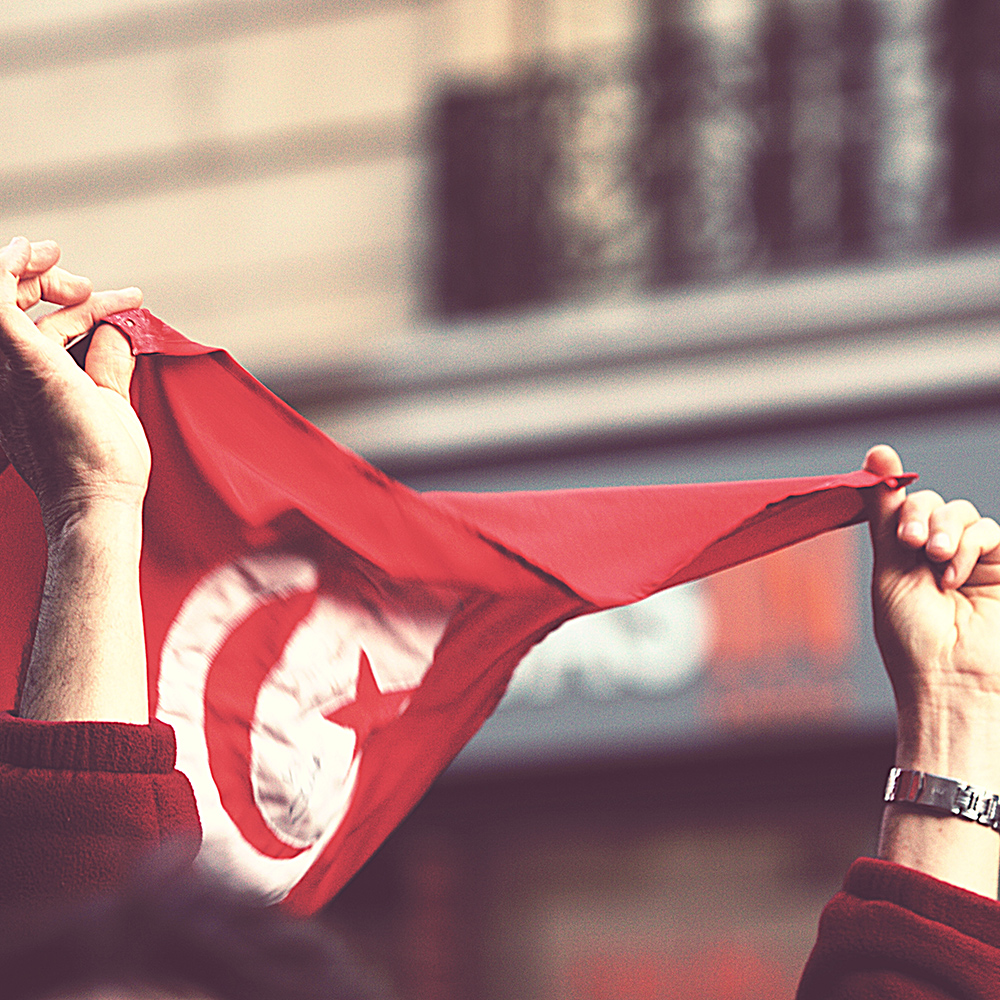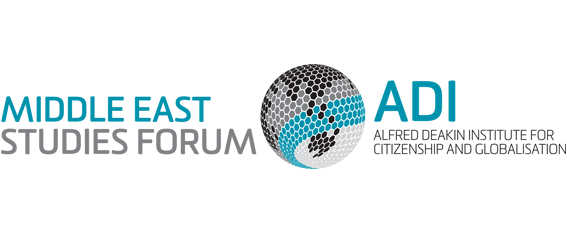
The Middle East is no stranger to political contestation. Although an outpost of authoritarianism throughout the twentieth century, oppositions in the Middle East existed as tolerated ‘regime-loyal’ coalitions such as the National Progressive Front in Syria, through popular ‘anti-system’ movements seen in those who overthrew the Shah’s regime in Iran in 1979, and in the form of the ‘semi-tolerated’ opposition groups such as the Muslim Brotherhood in Egypt that contested elections despite no chance of winning power. These patterns provided a rich set of case studies for scholars of Contentious Politics, who noted structures and repertoires of contestation unique to illiberal political environments around the world. However, the Middle East underwent a seismic shift following the outbreak of the 2009 Iranian Green movement protests and the 2011 Arab Spring, which recast the boundaries of the relationships between rulers and the ruled across the Middle East.
On March 6, MESF brought together a group of academics from across Australia and New Zealand to participate in a closed workshop to ask questions such as: To what extent is opposition behaviour in the Middle East a product of its political environment? What sort of limitations have environments imposed on movements? How have groups used the political opportunities that emerged after 2009/2011? And is the post-2009/2011 environment better or worse for Middle Eastern oppositions? In answering these questions across a variety of case studies including opposition groups in Bahrain, the Sadrist movement in Iraq and rebel governance in Syria, workshop participants identified that the events had unleashed small shifts across the region that have led to a fundamental change in the politics of contestation.
The above image is used under a Creative Commons licence. View the original image from Flickr user Gweneal Piaser here.

